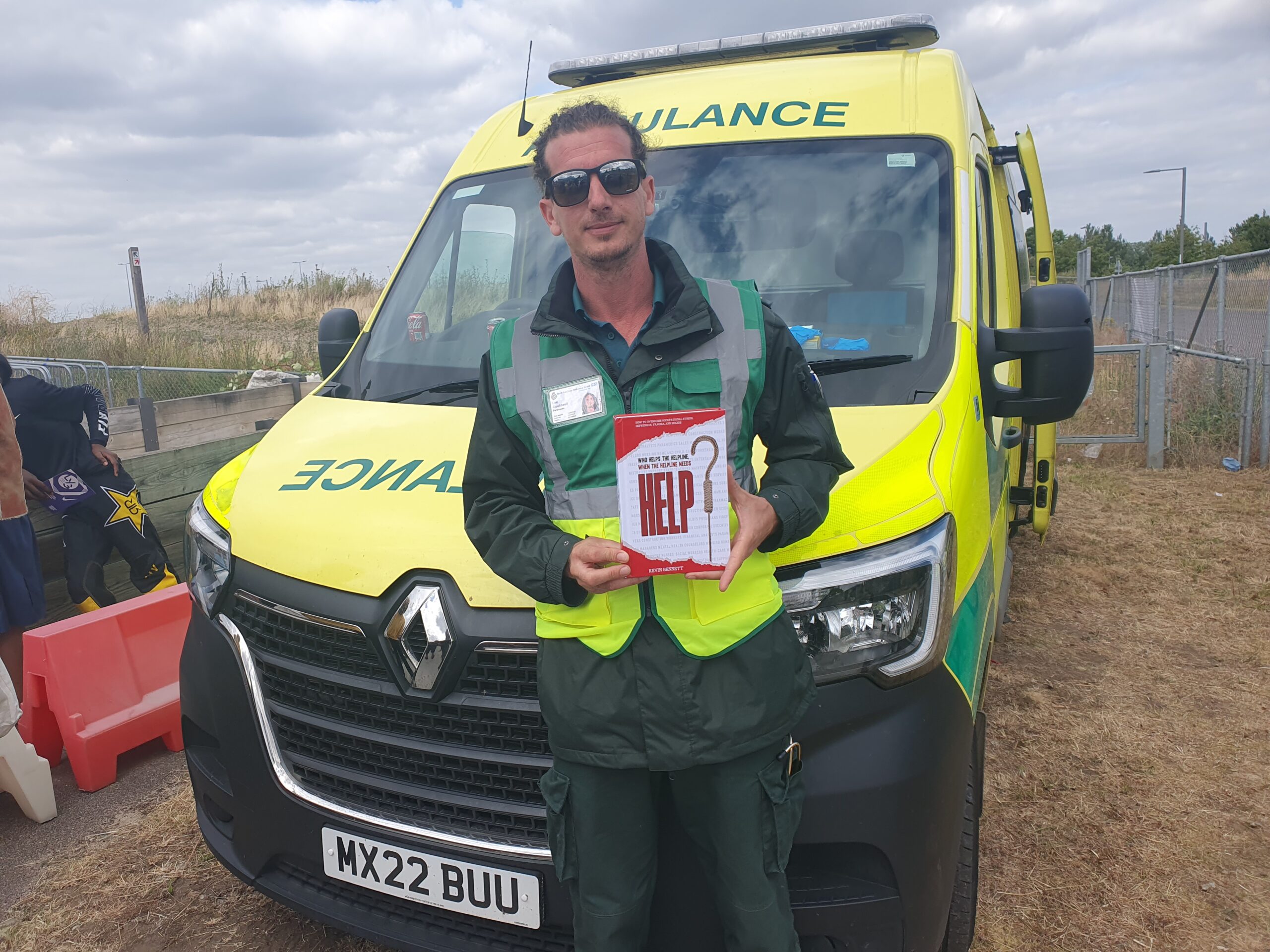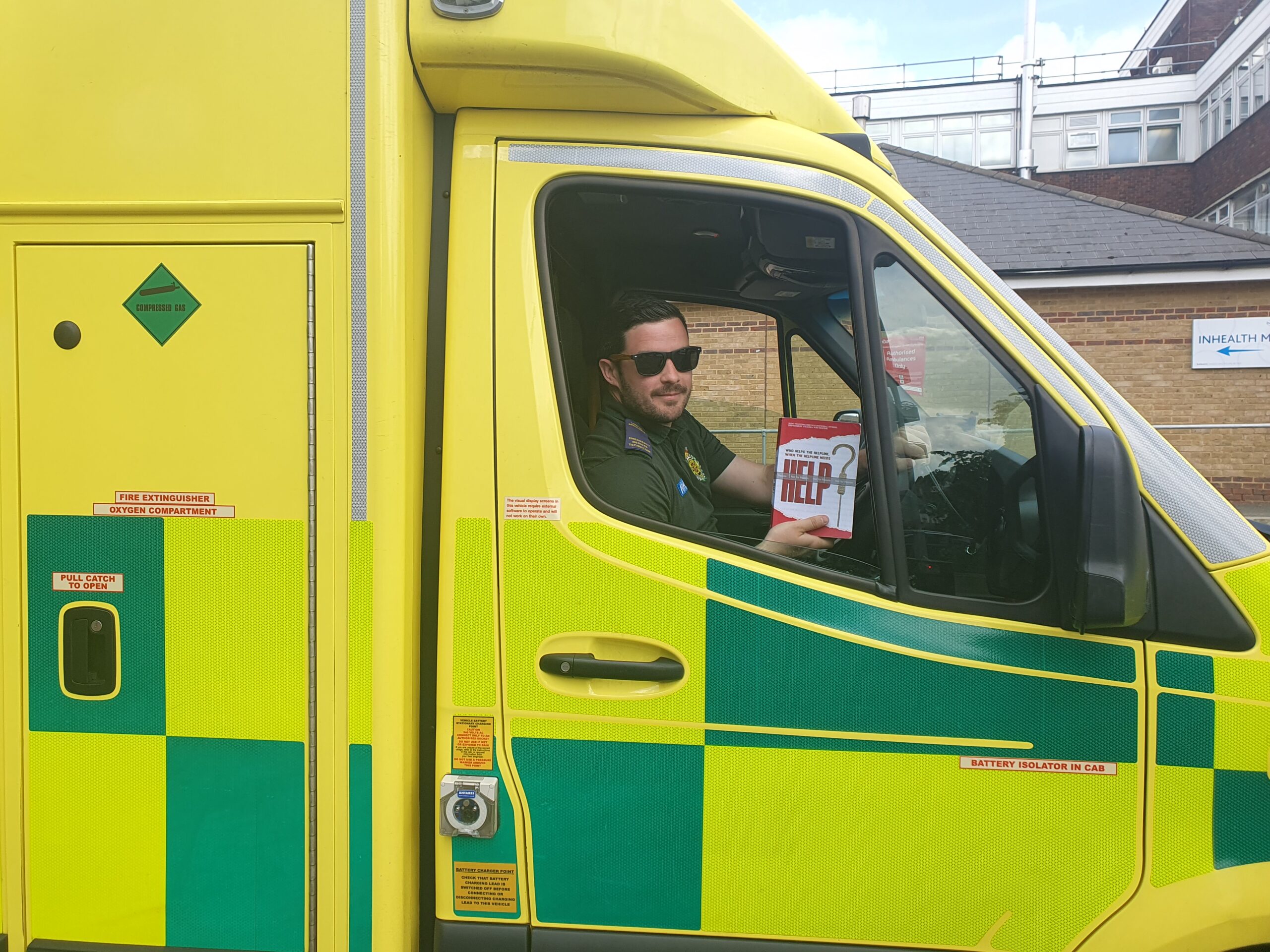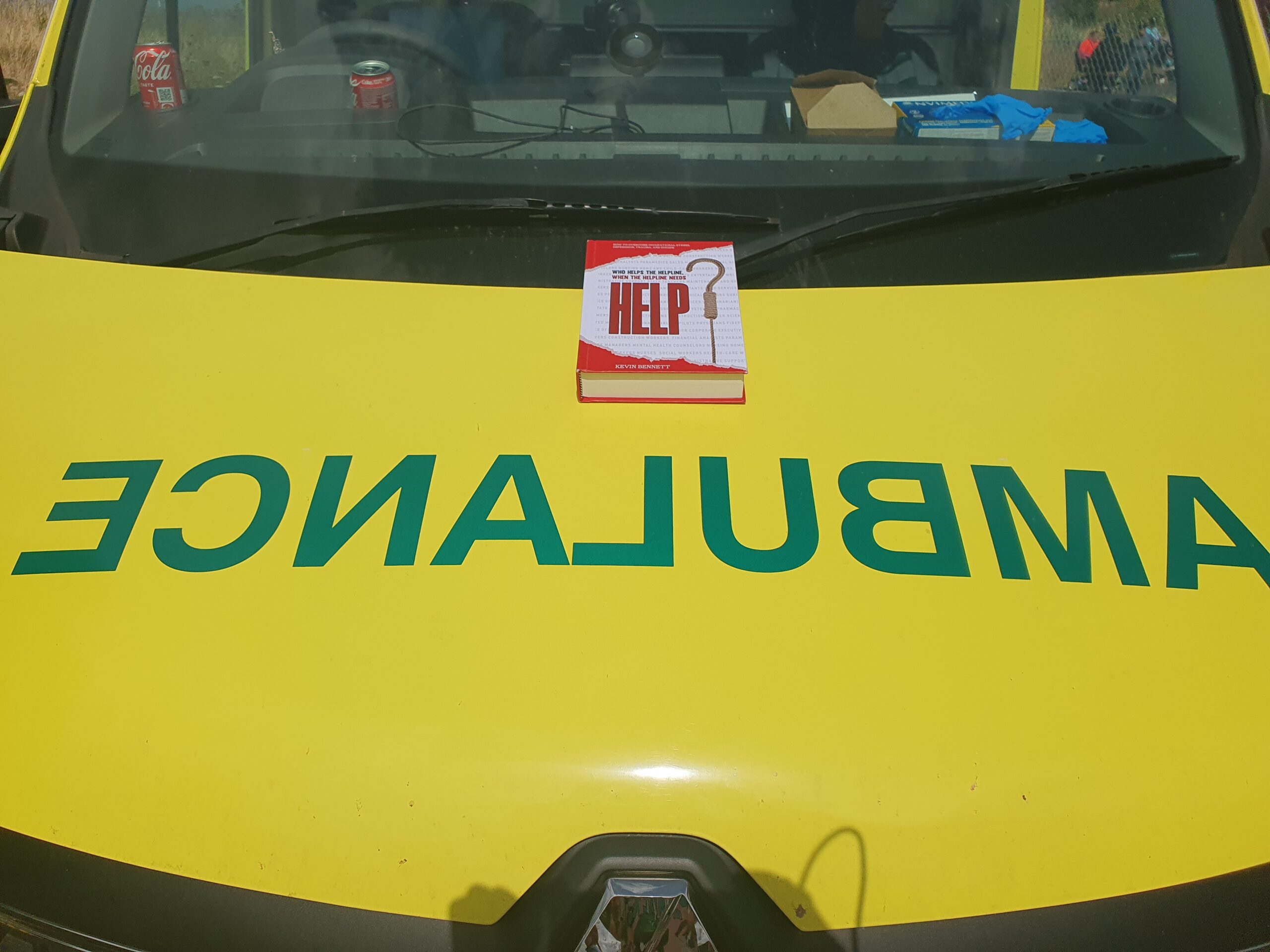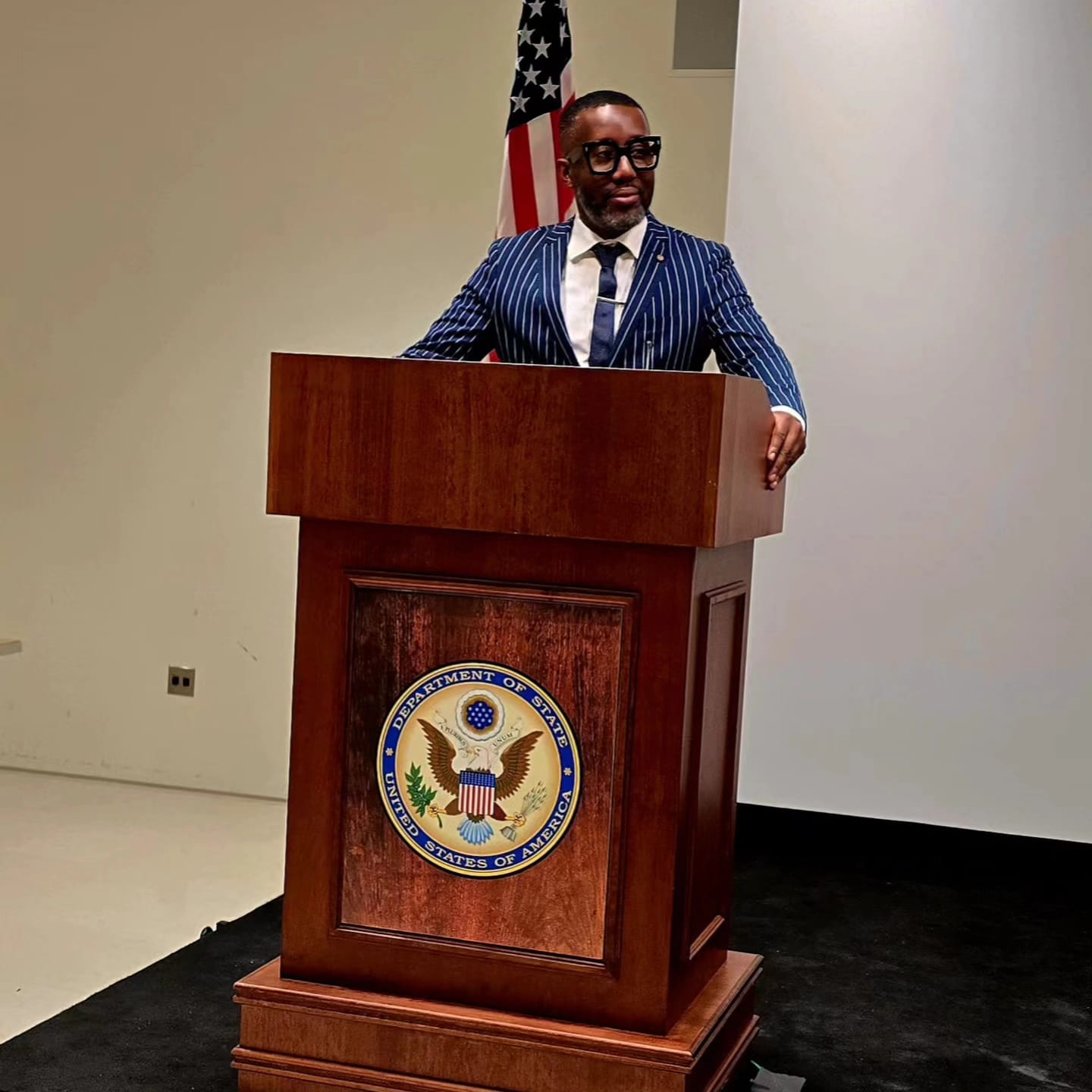I’ve spent many years listening, and I mean really, really listening to those who help others for a living. You know the ones who show up every day, even when they are broken on the inside. like Ambulance paramedic drivers. They are the first on the scene. They stare death in the eyes, death stare back at them, whispering, “your time will come mortal!”
When I started my vocation within the field of mental health, I never imagined it would lead to an award. But this isn’t just about me, it’s about them. The quiet heroes who turn up to car crashes, stabbings, overdoses, and traumas most of us will never see. I’ve sat with them, listened to their stories, and witnessed the pain in their eyes. They carry so much, sometimes even the weight of someone else’s suicide, but they’re expected to keep going, with a smile and open arms.
Many of them don’t sleep. Many never speak about what they’ve seen. Some don’t make it through.
Over the years, I’ve learnt that trauma doesn’t always scream. Sometimes it whispers through silence, withdrawal, or exhaustion.
Many of these people, paramedics and ambulance drivers, are running on empty while still giving everything they have.
I wrote the book Who Helps the Helpline, When the Helpline Needs help? not just for them, but because of them.
It took ten years of research and nearly two years to write during the pandemic. That period changed all of us. For many, it cost their lives, their jobs, or their health.
For me, it pushed me to finish what I started.
My vocation.
I’m so happy that my book is becoming a voice for caregivers. A new language for the voiceless. How do you scream “I am experiencing compassion fatigue, secondary trauma, and bloody burnout” when you have no voice box?
Through my work, I’ve called on healthcare leaders, policymakers, and society to step up, the larynx needs operating on.
It needs:
• Mental health.
• Violence against ambulance staff must not be tolerated.
• Training and resources must be in place to help those to manage trauma before it becomes life-threatening.
Did you know that one NHS report recorded over 3,500 physical assaults on ambulance staff in a single year? Nearly 70% of paramedics said they’ve been threatened or attacked on the job. This surely cannot continue.
Dear dairy, I will continue to fight the fight for voiceless voices.
We must implement the following:
1. Mandatory Body-Worn Cameras
Equip all ambulance staff with body cameras to deter abuse and provide evidence for prosecution when assaults occur.
2. Stronger Legal Consequences
Introduce stricter sentencing for those who assault emergency workers, ensuring consistent enforcement and deterrence.
3. Emergency Staff Panic Alert Systems
Install quick-access emergency buttons or discreet alerts in ambulances and on uniforms to call for immediate backup.
4. Dedicated Mental Health Support
Fund 24/7 trauma-informed counselling services specifically for frontline workers experiencing workplace violence or trauma.
5. Conflict De-escalation Training
Provide ongoing training in de-escalation, situational awareness, and handling aggressive individuals safely.
6. Zero-Tolerance Public Campaigns
Launch high-profile public awareness campaigns that make it clear: assaulting emergency workers is unacceptable and punishable.
7. Secure Mobile Treatment Units
Upgrade vehicle designs to include safety features such as partitioned driver areas, reinforced doors, and emergency exits.
8. Better Staffing and Shift Rotas Reduce burnout by improving staffing levels and ensuring workers aren’t overworked, which increases vulnerability.
9. On-the-Spot Support Teams
Create rapid-response support units made up of senior staff, mental health workers, or trained mediators to attend high-risk situations.
10. Peer Led Recovery Programmes
Build peer support groups inside ambulance trusts where staff can talk openly, share experiences, and heal together.
None of this is just statistics to me. Behind every number is a face, a family, a colleague who didn’t sign up to be attacked while trying to save lives.
What’s happening to ambulance staff on our streets isn’t just unfair, it’s bloody inhumane. These are people who run towards danger, who hold strangers’ hands during their final breaths, who carry the weight of trauma so others don’t have to.
The least we can do is to hold their hands instead of chopping them off.
I’ll keep writing, speaking, and pushing until there’s real protection and proper care in place for these frontline heroes. They’ve been strong for so long, it’s time the system shows up strong for them too.
Love Kevin.




























For any questions regarding our products, coaching sessions, or upcoming events, please don’t hesitate to contact our Customer Support team. We’re here to help!
Kevin Bennett and KBenaire Communities have a dedicated media department to handle press-related queries. Members of the media are welcome to contact us directly for more information or collaboration opportunities. Feel free to contact us; we’d love to hear from you!